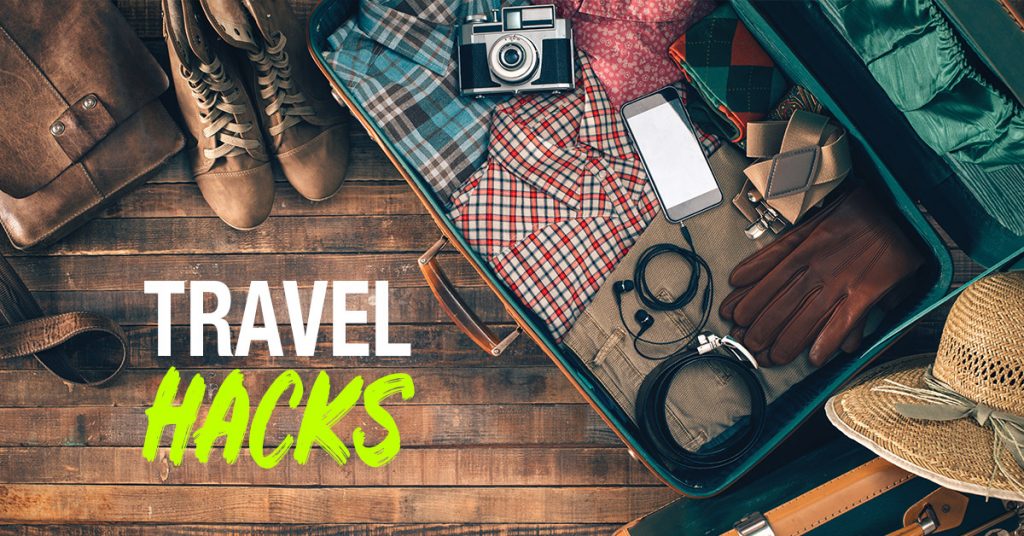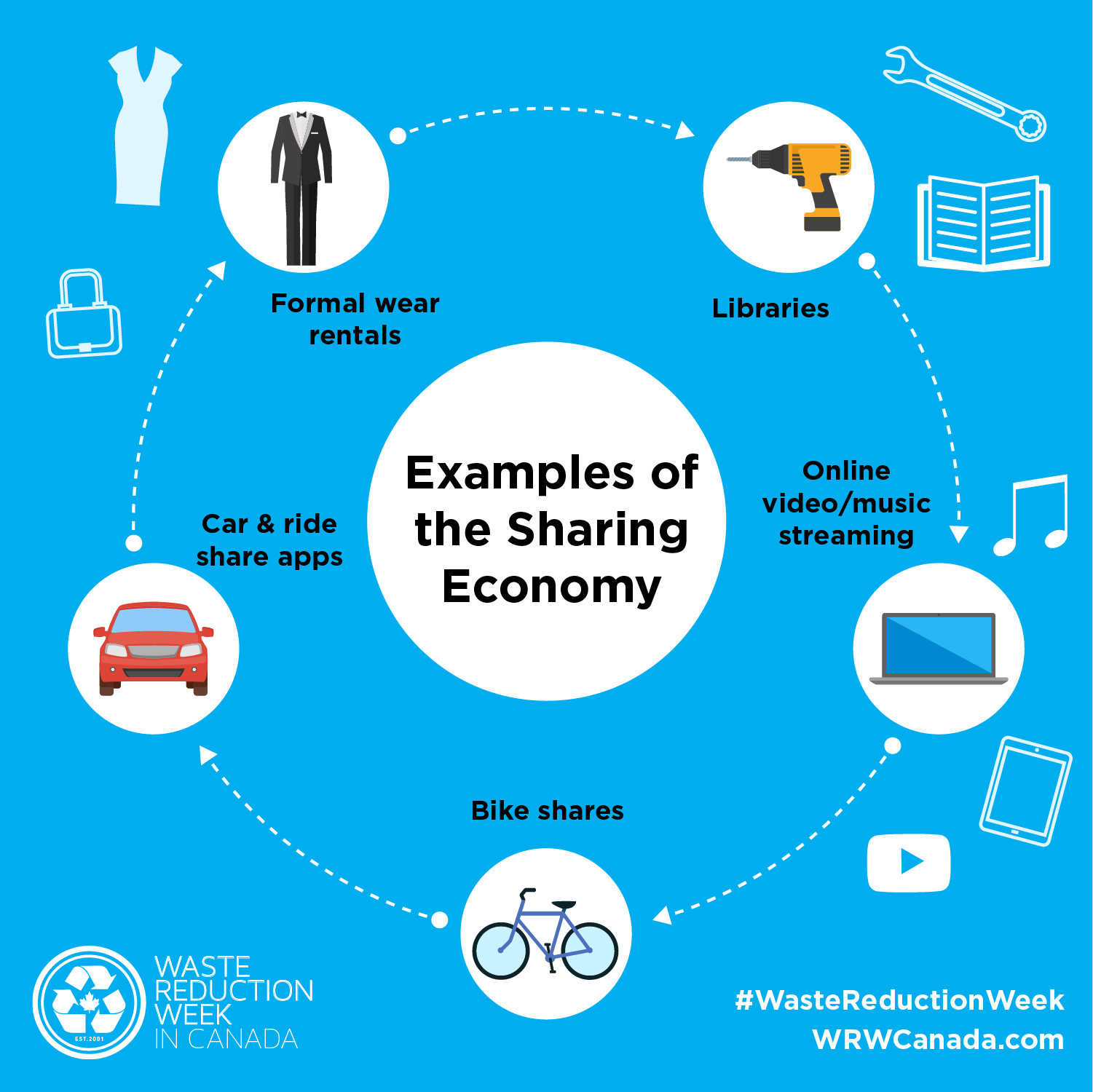How the Sharing Economy Can Save You Big on Travel

How Can the Sharing Economy Save You Money on Accommodation?
Let’s face it: hotels can drain your wallet faster than a kid in a candy store. But here’s the good news—the sharing economy is here to rescue your travel budget. From quirky apartments to free couches, there’s a world of affordable (and often free) lodging options waiting for you. Let’s dive in!
What Are the Best Peer-to-Peer Platforms for Cheaper Lodging?
If you’re tired of overpriced hotel rooms, peer-to-peer platforms are your new best friends. Here’s a quick rundown of the top players:
- Airbnb: Rent a room, an apartment, or even a treehouse. My stay in St. Croix was $50/night—compare that to the $150 hotel down the street!
- Couchsurfing: Free stays with locals. Yes, FREE. You might get a couch, a room, or even an air mattress, but the cultural exchange is priceless.
- Work Exchange Programs: Volunteer a few hours a day in exchange for free accommodation. Think hostels, farms, or even helping with childcare.
These platforms not only save you money but also connect you with locals who know the best deals and hidden gems. Win-win!
Can You Really Save Big Using Airbnb and Couchsurfing?
Absolutely. Let’s break it down:
| Option | Cost | Experience |
|---|---|---|
| Hotel | $150/night | Standard, impersonal |
| Airbnb | $50/night | Unique, local vibe |
| Couchsurfing | Free | Cultural exchange, new friends |
As you can see, the savings are real. Plus, you’ll get a more authentic experience. Who wouldn’t want that?
Why Renting an Apartment Beats Staying in Hotels for Budget Travelers
Hotels are great, but they’re not always budget-friendly. Renting an apartment (or even a room) through platforms like Airbnb gives you more space, a kitchen to cook in, and often a better location—all for less money. For example, during my trip to Florence, I stayed in a cozy apartment for half the price of a hotel. Plus, I got to live like a local, shopping at the market and cooking my own meals. It’s a no-brainer!
“The sharing economy isn’t just about saving money—it’s about creating meaningful connections and unforgettable experiences.”
So, whether you’re planning a trip to Barcelona or exploring South Korea vs. Thailand, the sharing economy has your back. Ready to start saving? Your wallet (and your travel memories) will thank you.
What Are the Best Transportation Hacks Using the Sharing Economy?
Let’s face it: transportation can eat up a huge chunk of your travel budget. But thanks to the sharing economy, there are smarter, cheaper ways to get around. Whether you’re hopping between cities or planning a cross-country road trip, here’s how to save big on transportation without sacrificing comfort.
Why Is Ride-Sharing Cheaper Than Public Transportation in Some Cases?
Believe it or not, ride-sharing can sometimes be cheaper than public transportation—especially if you’re traveling in a group. Apps like Uber and Lyft often offer shared rides that split the cost among passengers, making it a steal compared to buying individual train or bus tickets. Plus, you get door-to-door service without the hassle of transfers or waiting in the rain. Win-win!
For example, in cities like Dallas or Chicago, ride-sharing during off-peak hours can cost less than a round-trip subway ticket. And let’s be honest, who doesn’t love skipping the crowded bus?
What Are the Best Ride-Sharing Apps for Budget Travelers?
If you’re looking to save money, these apps are your new best friends:
- Turo: Rent someone’s car for a day or a week. It’s like Airbnb but for wheels! Perfect for road trips or exploring areas with limited public transport.
- Getaround: Similar to Turo, but with hourly rentals. Great for quick errands or short trips.
- BlaBlaCar: A rideshare app for long-distance travel. Split the cost of gas with a driver heading your way—it’s hitchhiking for the 21st century.
Pro tip: Always compare prices between apps and traditional rentals. Sometimes, you’ll snag a deal that’s cheaper than a taxi!
How to Use RV Rentals Like RVShare for Cost-Effective Road Trips
Planning a road trip? Skip the hotel bookings and rent an RV instead. RVShare is the Airbnb of RVs, offering everything from cozy camper vans to luxury motorhomes. Here’s why it’s a game-changer:
- Save on accommodation: Sleep in your RV instead of paying for hotels.
- Flexibility: Travel at your own pace and explore off-the-beaten-path destinations.
- Cost-effective: Split the rental cost with friends or family for an even better deal.
For example, a road trip through the Grand Canyon or Costa Rica becomes way more affordable when you’re not shelling out for hotels every night.
“The sharing economy isn’t just about saving money—it’s about making travel more personal, flexible, and fun.”

Image source: Truust
Ready to hit the road? Whether you’re renting a car, sharing a ride, or cruising in an RV, the sharing economy has your back. Next up, let’s talk about how to find cheap lodging options that won’t break the bank!
How to Save on Meals and Dining While Traveling
Let’s face it—eating out while traveling can drain your wallet faster than you can say "check, please!" But here’s the good news: the sharing economy is here to rescue your budget and your taste buds. From cooking your own meals to dining with locals, here’s how you can save big on food without sacrificing flavor or experience.
Is Home-Cooked Dining with Locals a Cheaper Alternative to Restaurants?
Absolutely! Dining out in touristy areas can cost a fortune, but cooking your own meals or sharing a home-cooked dinner with locals is a game-changer. For example, during my trip to Stockholm, I spent just $60 on groceries for a week instead of shelling out $15 per meal at restaurants. That’s a savings of $150! Plus, cooking gives you a chance to explore local markets and get a taste of the culture—literally.
If you’re staying in an Airbnb or hostel with a kitchen, take advantage of it. No kitchen? No problem. Pack a container and whip up sandwiches or salads on the go. Trust me, not every meal needs a stove.
"Cooking your own meals isn’t just a money-saver—it’s a cultural adventure."
How to Use the Sharing Economy to Find Local Food Deals
Locals know where the real deals are—cheap supermarkets, hole-in-the-wall restaurants, and hidden gems that tourists rarely find. Platforms like Airbnb often connect you with hosts who can point you in the right direction. For instance, my Airbnb host in St. Croix shared tips on where to find the freshest seafood at half the price of tourist traps.
Here’s a pro tip: ask your host or local friends for recommendations. They’ll steer you toward affordable, authentic eats that won’t break the bank.

Source: Pinterest
Can You Save Money Using Meal Sharing Platforms?
Yes, and it’s a lot of fun! Platforms like EatWith connect travelers with local cooks who host dinner parties or specialty meals. It’s like having a personal chef without the hefty price tag. I once joined a pasta-making class in Rome for $30, which included a full meal and wine. Compare that to a fancy restaurant, and you’re saving big while making new friends.
Here’s a quick comparison:
| Option | Cost | Experience |
|---|---|---|
| Restaurant Meal | $50+ | Standard dining |
| Meal Sharing Platform | $20-$40 | Home-cooked meal with locals |
So, why not skip the overpriced tourist traps and dive into the local food scene? Your wallet—and your taste buds—will thank you.
Ready to explore more budget-friendly travel tips? Check out our guide on the best day trips in Barcelona or how to save on your Florence trip.
How Can Locals Help You Discover Affordable Experiences?
Want to know the secret to saving money on travel while still having an unforgettable experience? It’s simple: ask the locals. They’re the ultimate insiders, and thanks to the sharing economy, connecting with them has never been easier. From cheap stays to hidden gems, locals can help you bypass the tourist traps and dive straight into the heart of your destination. Let’s break it down.
What Are Unique Experiences Offered Through Peer Platforms?
Forget cookie-cutter tours and overpriced hotels. Platforms like Airbnb, Couchsurfing, and EatWith let you tap into the local scene in ways you never thought possible. Imagine staying in a cozy apartment for half the price of a hotel, or sharing a home-cooked meal with a local chef who knows all the best spots in town. These platforms aren’t just about saving money—they’re about creating authentic, budget-friendly travel experiences.
"My Airbnb stay in St. Croix was $50 per night while the cheapest hotel I could find was $150."

And it’s not just about where you stay or what you eat. Locals can introduce you to quirky tour guides, rideshare options, and even free activities that you won’t find in any guidebook. It’s like having a friend in every city—minus the awkward small talk.
How Can Quirky Local Guides Save You Money?
Ever been on a tour that felt like it was designed for a herd of sheep? Yeah, me too. That’s why I love using platforms that connect me with local guides who offer unique, off-the-beaten-path experiences. These guides often charge less than big tour companies, and they’ll show you the hidden spots that only locals know about. Think secret viewpoints, hole-in-the-wall restaurants, and street art tours that don’t cost a fortune.
For example, instead of paying $50 for a generic city tour, I once found a local guide on Couchsurfing who took me on a free walking tour of Barcelona’s Gothic Quarter. Not only did I save money, but I also got to hear stories and insights that I’d never find in a guidebook. It’s like getting a backstage pass to the city.
Why Connecting with Locals Reveals Budget-Friendly Hidden Gems
Here’s the thing: locals know where the deals are. They know which supermarket is the cheapest, which stores have the best sales, and where to find the tastiest street food that won’t break the bank. By connecting with locals, you’re not just saving money—you’re getting the inside scoop on how to live like a local.
For instance, during a trip to Nha Trang, a local host recommended a tiny seafood spot that was half the price of the touristy restaurants by the beach. It was delicious, authentic, and saved me a ton of cash. Plus, I got to chat with the owner and learn about the history of the dish—something I’d never get from a fancy restaurant.

So, if you’re looking to save money on travel and have a more authentic experience, start by connecting with locals. Whether it’s through sharing economy platforms or just striking up a conversation at a café, you’ll be amazed at how much you can save—and how much richer your trip will be.
What Are the Best Sharing Economy Platforms for Travel?
Let’s cut to the chase: the sharing economy is a game-changer for travelers. It’s like having a secret weapon to save money, connect with locals, and make your trip unforgettable. Whether you’re looking for a cozy bed, a ride, or a unique experience, these platforms have got you covered. Here’s the lowdown on the best ones out there.
What Platforms Can Save You Money on Lodging?
Forget overpriced hotels—peer-to-peer accommodations are where it’s at. Airbnb is the OG, offering everything from chic city apartments to rustic cabins. If you’re on a shoestring budget, Couchsurfing lets you crash on a local’s couch for free (yes, really!). And for the ultimate adventure, check out RVShare, the Airbnb of RVs. Perfect for road trips, it’s a wallet-friendly way to explore the open road.

Pro tip: If you’re traveling long-term, RVShare can be a lifesaver. You’ll save on lodging and transportation in one go!
Which Apps Are Best for Ride-Sharing and Carpooling?
Need a ride? Skip the taxis and try BlaBlaCar, a carpooling app that’s perfect for long-distance travel. It’s up to 90% cheaper than trains, and you’ll meet some interesting folks along the way. For shorter trips, apps like Uber and Lyft are reliable options. And if you’re in Europe, BlaBlaCar is a must-have for budget-friendly travel.
“BlaBlaCar is like hitchhiking, but with Wi-Fi and snacks.”
Looking for more ride-sharing tips? Check out our guide on budget-friendly day trips.
What Are the Top Platforms to Explore Affordable Activities?
Want to dive into local culture without breaking the bank? EatWith and Airdine let you enjoy home-cooked meals with locals—think of it as dinner with friends, but in a new city. For outdoor enthusiasts, Spinlister rents bikes, surfboards, and ski gear, so you can explore without the hefty rental fees. And if you’re traveling with pets, DogVacay and Borrow My Doggy offer affordable pet-sitting options.

For more unique experiences, don’t miss our guide to affordable activities that’ll make your trip unforgettable.
Ready to start saving? These sharing economy platforms are your ticket to budget-friendly, authentic travel. Trust me, your wallet (and your Instagram feed) will thank you.
What Creative Cost-Saving Travel Hacks Can You Try?
Let’s face it—traveling can be expensive, but it doesn’t have to be. With a little creativity and the sharing economy, you can save big without sacrificing the fun. Here’s how I’ve hacked my way to affordable adventures:
Is Work Exchange Through Platforms Worth the Effort?
Absolutely! If you’re open to rolling up your sleeves, work exchange programs are a game-changer. I’ve volunteered at hostels, helped on farms, and even babysat in exchange for free accommodation and meals. Platforms like Workaway and WWOOF connect you with hosts worldwide. Sure, it’s a bit of effort, but the savings and unique experiences are worth it. Plus, you’ll meet incredible people along the way.
How to Maximize Savings Using Peer-to-Peer Services
Peer-to-peer services are my go-to for budget-friendly travel. Instead of booking a hotel, I’ve stayed in cozy Airbnb rooms for as low as $50 a night—way cheaper than traditional hotels. Need a ride? Ridesharing apps like BlaBlaCar or Turo have saved me a fortune on transportation. Pro tip: Locals often know the best deals, so don’t hesitate to ask for recommendations on where to eat or shop.
Why Housing Swaps Are Perfect for Long-Term Travelers
If you’re planning a long trip, housing swaps are a genius way to cut costs. I’ve used platforms like HomeExchange and Love Home Swap to trade homes with other travelers. It’s free, and you get to live like a local. Imagine staying in a Parisian apartment or a beach house in Bali—without paying a dime for accommodation. It’s like having a second home wherever you go.
“Traveling on a budget doesn’t mean missing out. It means getting creative and making every dollar count.”
| Service | Savings Potential | Best For |
|---|---|---|
| Airbnb | Up to 50% cheaper than hotels | Affordable stays with local vibes |
| BlaBlaCar | Cheaper than trains or buses | Budget-friendly rideshares |
| HomeExchange | Free accommodation | Long-term travelers |
Ready to save big on your next trip? Check out our guides on Barcelona day trips or Florence travel costs for more budget-friendly inspiration. Trust me, your wallet will thank you!

Source: Busy Tourist
Frequently Asked Questions
Can the sharing economy help with budget travel in expensive regions like Europe?
Yes! In Europe, platforms like BlaBlaCar for ride-sharing, Airbnb for affordable lodging, and EatWith for local dining can significantly cut costs. Traveling during off-peak seasons and staying with locals through Couchsurfing or HomeExchange can also help stretch your budget.
Are sharing economy platforms safe for travelers?
Most reputable sharing economy platforms have safety measures like verified profiles, reviews, and secure payment systems. Reading reviews and communicating with hosts or service providers beforehand can help ensure a safe and positive experience.
What are the best sharing economy platforms for affordable experiences?
Platforms like Airbnb Experiences, Withlocals, and Meetup allow travelers to book unique activities directly with locals, often at a fraction of the cost of traditional tours. These experiences range from cooking classes to guided hikes and art workshops.
What tips can help maximize savings when using the sharing economy for travel?
To save the most, book early for popular destinations, read reviews to ensure quality, and verify safety measures on platforms. Additionally, consider bundling services—such as staying with a host who also offers local tours—to get added value at a lower cost.
What are some affordable lodging options in the sharing economy?
Platforms like Airbnb, Vrbo, Couchsurfing, and HomeExchange allow travelers to rent rooms, entire homes, or even swap homes at prices significantly lower than hotels. Couchsurfing is especially budget-friendly, offering free stays with locals in exchange for cultural exchange and social interaction.
How can ride-sharing save you money on transportation?
Ride-sharing platforms like BlaBlaCar and UberPool connect travelers with drivers heading in the same direction, allowing them to split fuel costs. This is often cheaper than car rentals or taxis, especially for long-distance trips in regions like Europe or Asia.
What is the sharing economy and how does it save money on travel?
The sharing economy refers to peer-to-peer services that allow individuals to share resources like accommodation, transportation, and activities. By using platforms like Airbnb, Couchsurfing, or BlaBlaCar, travelers can often access cheaper options compared to traditional hotels, car rentals, or tour operators.
How can the sharing economy help you save on dining while traveling?
Services like EatWith and BonAppetour connect travelers with locals offering home-cooked meals or food tours at affordable prices. These experiences are often cheaper than dining out and provide a unique cultural perspective.

